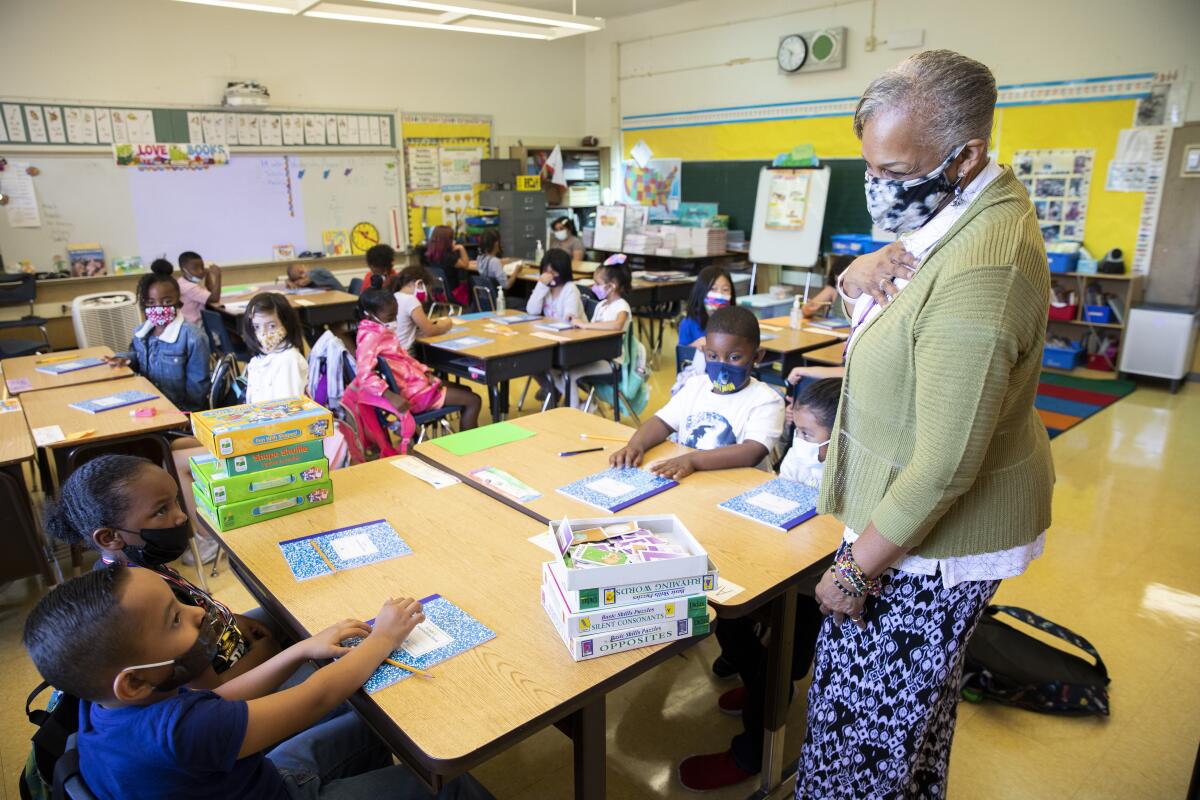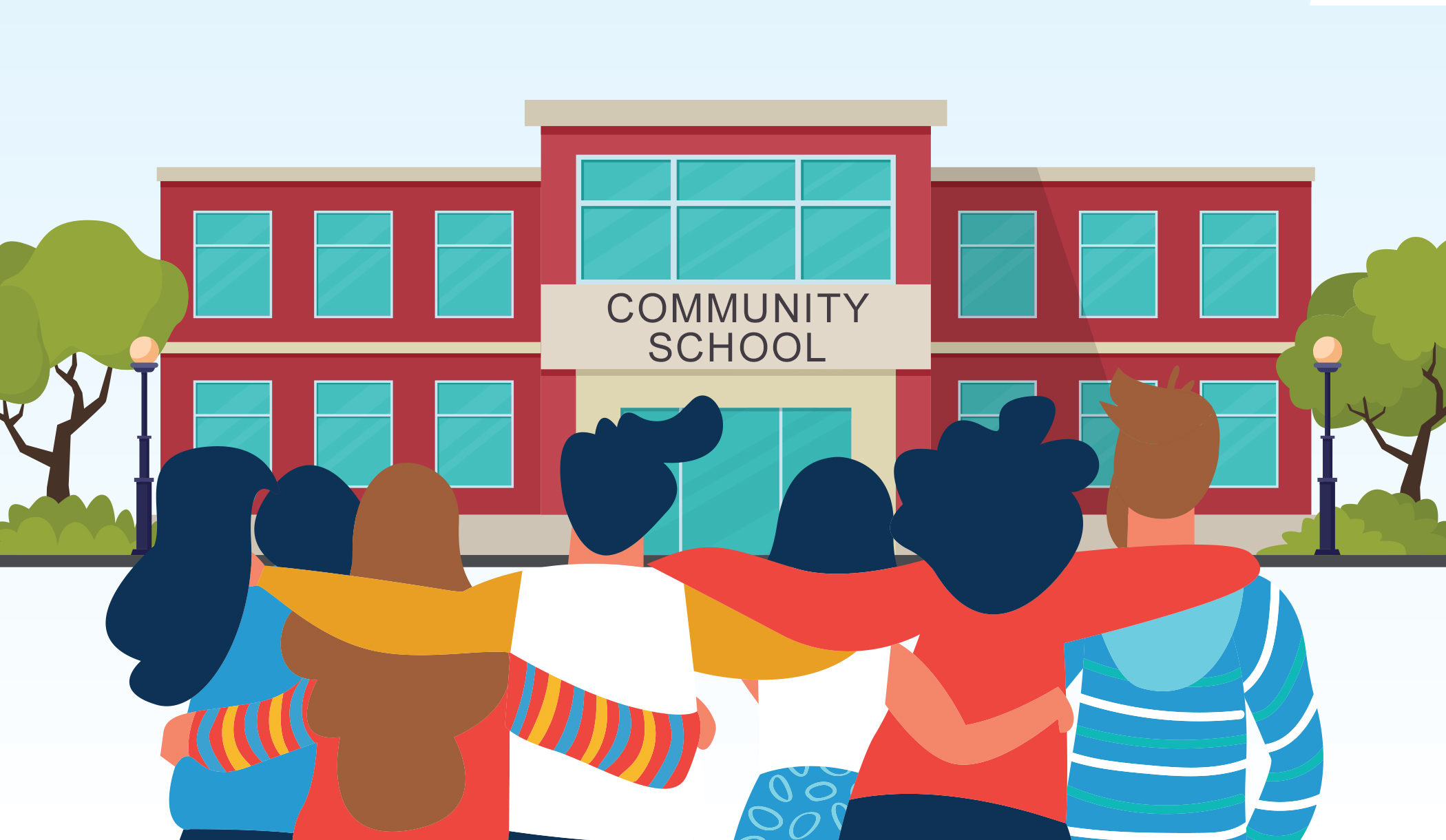Join the Activity to Save Temecula Schools: Area Activity Needed!
Exactly How Schools Play an Important Duty in Shaping Future Leaders and Trendsetters
By integrating project-based knowing and interdisciplinary research studies, educational establishments challenge trainees to evaluate and synthesize complex details. Educators serve as mentors, leading pupils and supporting their capacity, while extracurricular tasks additionally establish leadership skills and durability.
Fostering Important Believing
In today's quickly developing globe, cultivating important assuming within schools has actually ended up being extremely important. As culture grapples with significantly intricate global challenges, the capability to examine, assess, and synthesize info is essential. Institutions play an important function in creating these skills, preparing trainees to navigate and address complex troubles with educated, reasoned choices.
To grow essential thinking, instructors employ various instructional approaches that encourage energetic understanding and intellectual involvement. Classroom discussions, problem-based knowing, and Socratic questioning are important in promoting reflective and logical idea processes. By testing pupils to interrogate assumptions and take into consideration numerous viewpoints, these approaches make certain a much deeper understanding of subject matter beyond rote memorization.
In addition, incorporating essential assuming across the curriculum reinforces its relevance and applicability in diverse contexts. Subjects such as mathematics, scientific research, background, and literary works each offer unique opportunities to create students' essential faculties. Evaluating historical occasions needs comprehending and evaluating sources context, while scientific inquiry needs extensive hypothesis testing and evidence-based thinking.
Ultimately, instilling crucial thinking skills in students outfits them with the cognitive devices required for lifelong knowing and flexibility. It is via this foundational proficiency that future leaders will certainly be able to innovate, fix issues, and contribute meaningfully to society.
Motivating Imagination
Embracing creative thinking within educational frameworks galvanizes trainees to think beyond traditional limits and check out ingenious remedies. By incorporating imaginative ventures and creativity workouts into the curriculum, colleges cultivate a setting where creativity and imaginative idea are valued. This approach not only improves the educational experience yet also equips pupils with the ability to tackle real-world obstacles in novel means.
School can foster creativity with diverse ways such as project-based learning, interdisciplinary researches, and the incorporation of arts and innovation. Project-based knowing, for example, urges trainees to use their expertise in practical, often collaborative, tasks that demand inventive analytic abilities. Interdisciplinary researches allow trainees to draw links in between various subjects, thereby widening their perspectives and enhancing their creative capacities.
Furthermore, offering students with possibilities to involve with emerging modern technologies, such as coding and digital design, better supports their innovative possibility. These activities trigger pupils to experiment, fail, and iterate, which are important components of the imaginative process (Save Temecula Schools). By maintaining an encouraging environment where experimentation is urged, institutions can make sure that students establish the self-confidence to pursue innovative concepts
Fundamentally, nurturing imagination in instructional settings is important for shaping future leaders and trendsetters efficient in resolving intricate worldwide concerns with resourcefulness.
Encouraging Collaboration

Executing group-based understanding components and participating jobs allows students to experience the dynamics of teamwork firsthand. This not just prepares them for the collaborative nature of contemporary work environments however likewise nurtures management top qualities as they often have to tackle duties such as task supervisors or team coordinators. Furthermore, collaboration in the classroom can break down social obstacles and promote inclusivity, making sure that each trainee feels valued and heard.
Furthermore, incorporating technology can further support joint initiatives. Devices like common digital work areas and interactive platforms allow students to collaborate successfully, even outside the classroom. As trainees create these joint abilities, they are much better outfitted to deal with complicated obstacles and innovate, laying the foundation for their future duties as leaders and innovators.
Role of Educators as Mentors

Mentorship involves tailored interest, where educators identify and support individual toughness and address weak points. Save Temecula Schools. Through one-on-one interactions, teachers can tailor their guidance and assistance to fulfill each student's special requirements, promoting a feeling of self-confidence and strength. This personalized technique grows a growth mindset, motivating pupils to check out failings as opportunities for finding out and development
In addition, teachers offer as function designs, showing the values of integrity, compassion, and willpower. Their attitudes and actions offer a plan for pupils to emulate, instilling a sense of honest responsibility and social awareness. By creating a encouraging and inclusive class environment, teachers enable pupils to create check this social skills that are critical for efficient leadership.
In essence, the mentorship supplied by instructors lays a foundational structure for the development of future leaders, equipping them with the expertise, skills, and values needed to master an ever-evolving world.
Influence of After-school Activities
When incorporated efficiently into the educational framework, extracurricular activities significantly enhance pupil development and leadership possibility. These activities offer students with chances to explore passions past the standard curriculum, cultivating a versatile skill collection.
Moreover, extracurricular participation encourages imagination and innovation. Pupils participated in dramatization, music, or dispute clubs discover to assume critically and technique issues from varied point of views. These experiences impart confidence, enabling trainees to articulate their ideas and take campaign in different settings. By working together with peers from various histories, students additionally develop compassion and interaction abilities, essential traits for future leaders.
Extracurricular tasks also play a critical Continued role in scholastic performance. Research shows that pupils associated with such programs tend to have higher qualities and far better attendance documents. These activities give a healthy and balanced electrical outlet for anxiety, adding to total health. Thus, colleges that prioritize a balanced method to education, incorporating durable extracurricular programs, are most likely to generate trendsetters and leaders outfitted to fulfill the obstacles of the future.

Conclusion
Finally, colleges significantly shape future leaders and pioneers by nurturing crucial reasoning, imagination, and collaboration amongst pupils. Engaging pedagogical approaches such as project-based knowing and interdisciplinary studies play an essential role in this development. Educators, functioning as advisors, provide vital advice and assistance, while after-school activities additionally improve management potential and strength. By cultivating an encouraging atmosphere that values individual staminas and team effort, institutions equip students with the essential skills to navigate future obstacles and drive development.
As trainees develop these collective abilities, they are much better outfitted to take on complicated obstacles and innovate, laying the groundwork for their future functions as trendsetters and leaders.
By fostering crucial reasoning and analytic abilities, educators assist trainees navigate complex difficulties, preparing them for leadership duties in various fields.
By working together with peers from various backgrounds, pupils likewise develop compassion and interaction abilities, vital traits for future leaders.
In conclusion, schools significantly shape future leaders and innovators by nurturing important thinking, creative thinking, and partnership amongst students. By cultivating an encouraging atmosphere that values individual staminas and team effort, schools gear up students with the needed her response abilities to navigate future challenges and drive technology.